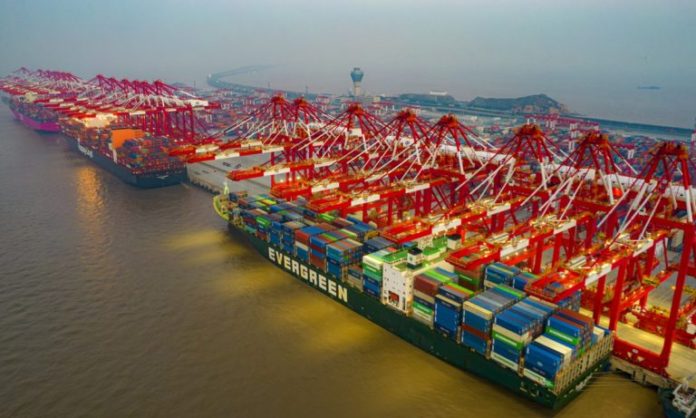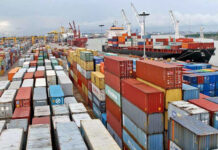Shanghai is one of the commercial centres of China. From Tesla’s Giga factory to Disney’s resorts, everything can be found there. Not only that, many multinational companies have a strong presence in the Chinese commercial city of Shanghai. But a recent outbreak of COVID-19 in Shanghai has shut down business activities in the busy city. Multinational companies are facing losses.
About 2 crores and 3 lac people live in the Chinese city of Shanghai. Due to the increase in the transmission of Omicron, restrictions have been imposed there through quick directions. The lockdown imposed last week has left residents completely trapped in their homes. News from BBC.
As well as being an economic hub, Shanghai is also known as a semiconductor, electronics, and car manufacturing centre. Shanghai is one of the busiest seaports in the world.
This is the longest-running lockdown in Shanghai since COVID-19 was first identified in China in December 2019. The lockdown has had a major impact on China, the world’s second-largest economy.
Xu Tianchen, an economist at the China Economic Intelligence Unit, said that the lockdown in Shanghai would affect the global supply chain again. This effect will be noticeable in a few days. The disruption in the supply chain will affect the world economy as well as the Chinese economy. As Shanghai and other provinces of China are connected, other manufacturing centres will also be influenced.
The hotel-restaurant business will collapse as a result of the lockdown. Tourism will shut down. Business activities and production are already closed. In this scenario, Xu Tianchen predicts that Shanghai’s gross domestic product, or GDP, will fall by 3.7%.
This year, China’s GDP growth target has been set at 5.5%. However, according to experts, achieving this goal may not be possible.
According to last week’s data, the activities of Chinese service providers and manufacturers declined in March. The imposition of lockdowns last month on technology hub Shenzhen and China’s north-eastern province of Jilin has had such an impact.
Chinese economist Peiqian Liu said in the light of PMI data, ‘Both the manufacturing and service sectors have suffered losses. The damage was seen in Shanghai even before the lockdown. I think GDP is under pressure.’ If the lockdown period is extended again with the increase in COVID-19 infections, small traders will suffer a lot.
PMI is a projection of the market situation, where the views of senior executives on new orders, production, and employment are surveyed.
Liu noted that the main goal now is to retain employment in this growing lockdown. ‘I think the service sector is not only under pressure because of the three-week lockdown in Shenzhen or the one-week lockdown in Shanghai, rather they are facing uncertainty because of the zero COVID policy,’ she said.
Liu said that although several Shanghai-based companies had shut down their businesses in the lockdown, carmakers, and businesses institutions are implementing automated measures. However, she said that this method is not a long-term sustainable measure.
Even if other countries in the world relax restrictions and open borders, China has no plans to do so.




